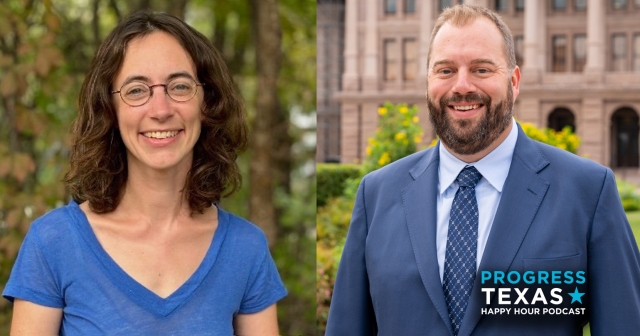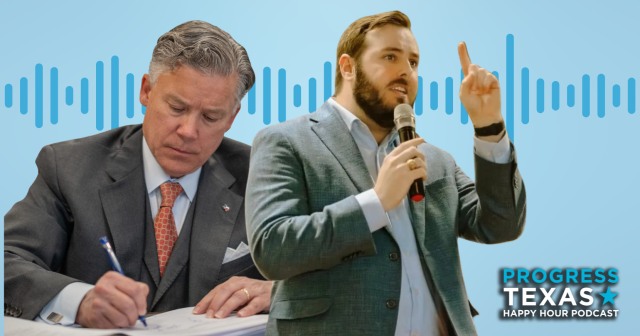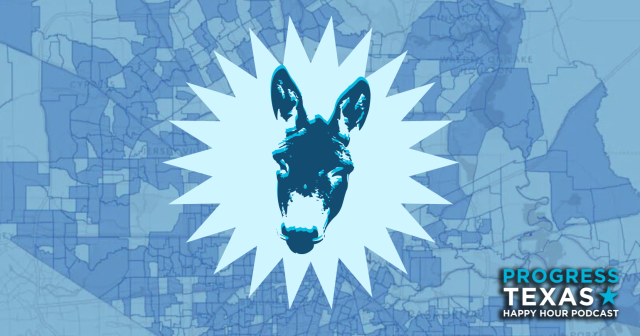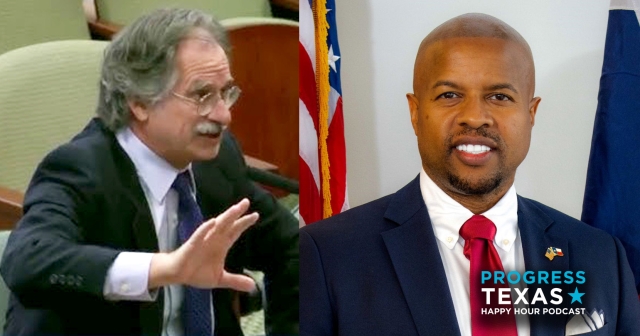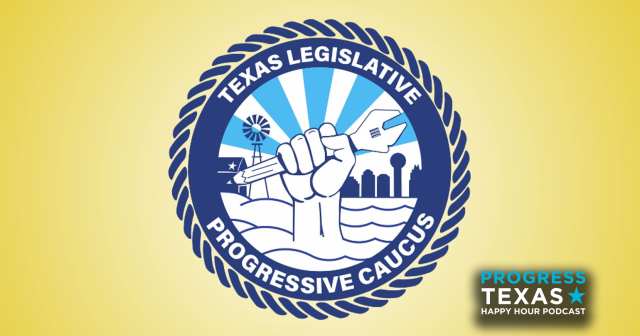Sen. Watson Calls For An Amendment To End Budget Diversions
Earlier today, State Sen. Kirk Watson filed Senate Joint Resolution 24 (SJR 24) that calls for a constitutional amendment prohibiting the diversion of statutorily dedicated revenue. SJR 24 would end the state's deceptive, long-standing practice of diverting money away from the necessities it’s meant for and using it for other, less transparent purposes.
Senator Watson's office released the following statement regarding SJR 24:
“We must end the debt, diversions and deception that have played too great a role in Texas’ budget process for too long,” Senator Watson said. “This amendment will move Texas away from the deceptive practice of collecting money for one popular purpose and using it for something else. And my legislation will do it in a responsible way that recognizes Texans’ short-term budget needs as well as the legal issues that have made this such a confounding issue.”“I deeply love Texas. And I believe Texas can do better – much better – in showing taxpayers how the state is spending their money,” Senator Watson said. “Texas is facing a deep honesty deficit right now. It’s created a big hole in the budget – one so big that a responsible, candid solution won't work if it attempts to solve it overnight. But it’s well past time to come up with a plan for ending diversions and taking steps to do so. SJR 24 does both.”
{C}
The Senator's office also released the following fact sheet:
The Problem:
SJR 24 targets fees that the state collects for purposes such as parks, clean air and hospital trauma facilities, but then diverts to certify (or allow for) more spending in the budget. For more than 20 years, budget writers have allowed balances to accumulate in these dedicated funds, refusing to spend all of the money that the fees generate. A powerful but little-known law (found in Section 403.095 of the Texas Government Code and known as the Funds Consolidation provision) has allowed the Comptroller to use the money hoarded in fund balances to certify a higher level of spending in the budget.
According to the Comptroller’s office, the legislature in 2001 diverted a total of $1.6 billion in this way. In the current budget, that total was projected to rise to $4.95 billion, according to a 2011 report.
As this problem has escalated, it has escaped reform efforts, in part due to fears that ending diversions would make the budget harder to balance. The Funds Consolidation bill perpetuating the practice has traditionally passed very late in the legislative session with little attention. An amendment proposed by Senator Watson to begin curtailing these diversions failed in 2011 on a party-line vote.
How SJR 24 Will Help:
SJR 24 would take meaningful and prudent steps to wean the state from this less-than-transparent process:
- It puts this vital decision into the hands of Texas voters.
- It creates a glide-path that will give the legislature until 2020 to end these diversions altogether – acknowledging the deep honesty deficit that has eroded the budget over many years.
- It removes these funds from the state’s all-purpose General Revenue, transferring dedicated money into a new constitutionally protected fund that could not be used to certify the budget.
- It allows disciplined discretion for legislators, saying these funds can be rededicated – but only with a supermajority of the House of Representatives and Senate.
- It demands that any future repurposing of this money be done in the most open and transparent way possible, prohibiting legislation from affecting more than one fund at a time. This would end the current practice of funds consolidation – in which hundreds of funds are effectively diverted at a time, all through a single, complicated bill that passes in the session’s last days.
As a proposed constitutional amendment, SJR 24 requires passage by two-thirds of the Texas Senate and House of Representatives each, as well as ratification by voters in November 2011. It does not require the Governor’s signature.
DONATE
Your donation supports our media and helps us keep it free of ads and paywalls.

